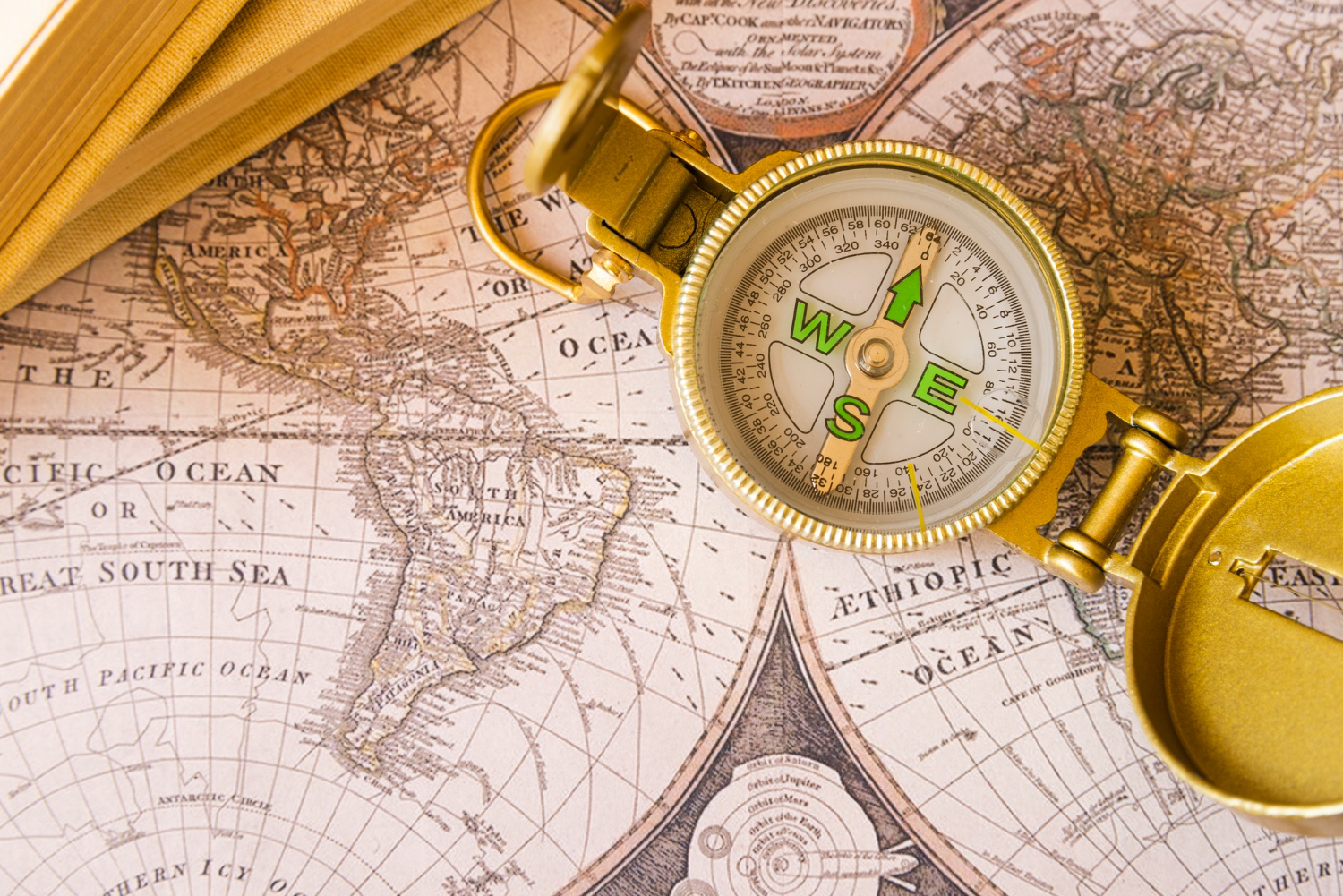How well do you understand Geo-Politics ??
How well do you understand Geo-Politics ??
Geopolitics refers to the study of how geography, power and politics intersect. It involves analyzing the relationship between geographical factors such as location, natural resources and physical features and how these factors influence political behavior, foreign policies and international relations.
Geopolitical analysis seeks to understand how countries and other players use their geographical advantages or disadvantages to gain power, influence and secure their interests in the global arena.
What is narratives and how it is built ?
Geopolitical considerations encompass a wide range of factors including:
Location and Borders:
The physical location of a country can have significant implications for its security, access to resources and relationships with neighboring states. Borders and territorial disputes often shape geopolitical dynamics.
Natural Resources:
Control over and access to natural resources such as oil, gas, minerals and water can have profound geopolitical implications. Countries with abundant resources may wield significant influence in global affairs while resource scarcity can lead to conflicts or strategic alliances.
Economic Strength:
Economic factors play a vital role in geopolitics. A country's economic strength, trade relationships, and control over key industries can influence its standing in the international system and its ability to exert influence.
Military and Defense:
The military capabilities and strategic positioning of a nation are crucial aspects of geopolitics. The presence of military bases, alliances and the ability to project power can shape the balance of power and influence regional dynamics.
International Institutions and Alliances:
Geopolitical analysis also involves examining the role of international organizations, treaties and alliances in shaping the behavior of nations and their interactions. Institutions like the United Nations, NATO and regional organizations influence the geopolitical landscape.
Ideological and Cultural Factors:
Geopolitics is not solely driven by geographic or economic considerations. Ideological factors, such as political systems, values, and cultural influences, can shape geopolitical alliances, rivalries, and conflicts.
Do you understand what is 'war of narratives' ?
Geopolitical analysis is applied in various
contexts, including regional studies, global security, international economics and foreign policy formulation. By understanding the geopolitical dynamics at play, policymakers, analysts and scholars can gain insights into the
motivations and actions of nations, predict potential conflicts and identify opportunities for cooperation in an increasingly interconnected world.
Read Further : How 'Globalization' is standardizing the people's behaviour ?





Comments
Post a Comment